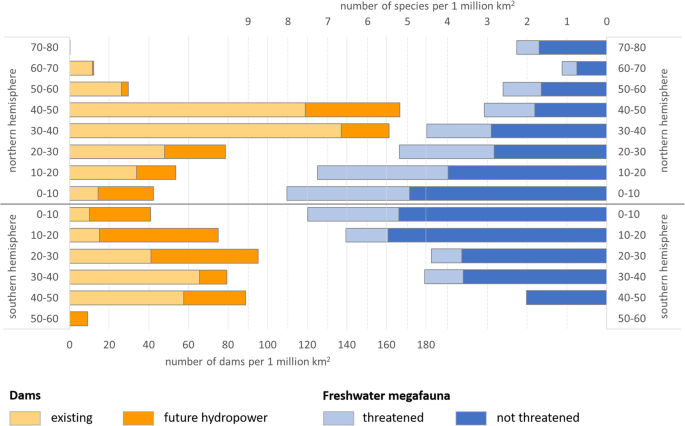
- Select a language for the TTS:
- UK English Female
- UK English Male
- US English Female
- US English Male
- Australian Female
- Australian Male
- Language selected: (auto detect) - EN
Play all audios:
Imagine Jen, a recently retired 67-year-old daughter, who moves into the home of Clara, her 91-year-old mother with moderate dementia, to care for her after the pandemic forces Clara’s adult
day program to close. Fearing infection, the two women go out little. Jen tries to break up the dullness of their days by pouring them each a glass of wine during dinner. After a few
months, she finds she is also having a glass in the afternoon whenever she’s stressed by Clara’s repetitious questions. Before long, Jen is taking a third glass before bed to help her fall
asleep. She notes to herself nervously she has never before had this much alcohol daily. But she rationalizes that wine is helping her cope during these extremely tough times. According to
the American Psychological Association, nearly 1 in 4 American adults, like Jen, have been drinking more because of COVID-related stress. Other studies have found that women, more than men,
have increased their drinking to excess. Health officials are concerned these increases will lead to bad health effects, including hypertension, liver disease and alcohol dependency. Many
studies over the years have linked caregiver stress and increased alcohol use. While there are no published studies yet about the pandemic drinking of family caregivers, it stands to reason
that more of them — especially the 60 percent who are women — have been turning to alcohol. Unlike cocaine and heroin, alcohol is a legal substance that many Americans use to relax after a
hard day’s work or when out with family and friends. In moderation, it may even have good health effects, including reduced heart disease. But there has always been strong justification for
medical concerns about overindulging too often. Most caregivers realize, too, that drinking too much compromises the care they give to their loved ones. How can stressed caregivers gauge
whether their drinking is a problem? Here are some ideas: FIGURING HOW MUCH IS TOO MUCH According to the Dietary Guidelines for Americans 2020–2025, moderate drinking is considered two
drinks per day for men and one for women. The National Institute on Alcohol Abuse and Alcoholism defines heavy drinking for men as more than four drinks a day or more than 14 per week; for
women, three drinks per day and more than seven per week. These are general guidelines that don’t apply to everyone. Those with certain conditions, such as pregnancy, or on certain
medications may be advised by their doctors to not drink alcohol at all. By these guidelines, Jen would be considered a heavy drinker. But caregivers need to take into account other factors
to determine whether they should consume less. Genetics matter greatly. If a caregiver has a parent or sibling with an alcohol use disorder, or any other substance use disorder, then they
may be genetically susceptible to developing a drinking problem and should keep a tighter rein on how they use alcohol.









